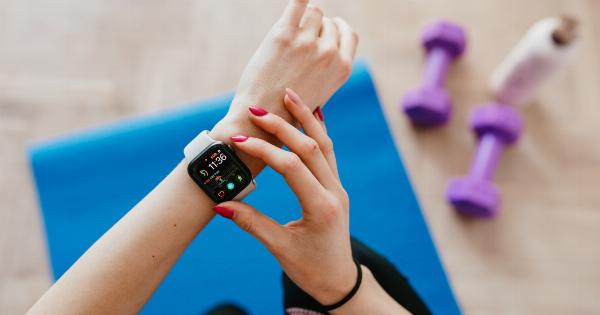Relationships are a vital part of human existence. They help us live a fulfilling life and allow us to experience the joys of companionship. However, relationships are not always sunshine and rainbows.
They can be daunting, frustrating, and at times, toxic.
Insecurity can easily creep into any relationship and negatively affect the dynamics between partners.
Insecurity in relationships can stem from a variety of factors, ranging from physical appearance, career prospects, past experiences, or even family background. Regardless of the reason, insecurity can have devastating effects on the relationship if not adequately addressed.
7 out of 10 women admit that they have felt insecure at some point in their relationships, according to research by Glamour Magazine. There is no denying that insecurity is commonly experienced in relationships, and it can affect both partners equally.
How Insecurity Can Affect Relationships
Breeds Jealousy
One of the profound impacts of insecurity in relationships is that it can breed jealousy. Partners who don’t feel secure in their relationship may find themselves questioning their partner’s fidelity.
Insecurity can lead to a toxic cycle of jealousy and mistrust that ultimately ruins the relationship.
Impairs Communication
Insecurity can also impair communication in relationships. When one partner doesn’t feel secure about themselves, they may be less likely to communicate openly and honestly with their partner.
This lack of communication can lead to misunderstandings, resentment, and even further insecurity.
Creates Self-Doubt
Finally, insecurity can create self-doubt, leading one’s partner to feel like they’re not good enough or attractive enough. This self-doubt can lead to feelings of unworthiness and ultimately undermine the relationship.
Dealing with Insecurity in Relationships as a Girl
As a girl, you may be prone to feeling insecure in relationships. Fortunately, there are various ways that you can deal with insecurity productively to preserve your relationship. Here are a few tips:.
Identify the Cause of Your Insecurity
The first step in dealing with insecurity in your relationship is to identify the root cause of your insecurity. This self-awareness will help you understand why you feel the way you do and give you insight into how you can address the problem.
Communicate Openly with Your Partner
One of the most effective ways to deal with insecurity in your relationship is to communicate openly with your partner. Communication is a great way to ensure that your partner is aware of your insecurities and can take steps to help you overcome them.
Seek reassurance from your partner when you feel insecure and be willing to share your feelings honestly.
Avoid Comparing Yourself to Others
Comparing yourself to others can be damaging to your self-esteem and a leading cause of insecurity. Remember that everyone is unique, and there will always be someone who is more attractive, more successful, or happier than you.
Focus on your strengths and take time to appreciate your unique qualities.
Practice Self-Care
Finally, practice self-care to boost your self-esteem and confidence. Take care of yourself by eating healthy foods, getting enough sleep, exercising regularly, and doing things that make you feel good about yourself.
Conclusion
Relationships are complex, and insecurity can easily creep in and ruin even the strongest bond. However, by being aware of your insecurities and actively working to overcome them, you can have a healthy, happy relationship.
Remember to communicate your feelings with your partner, avoid comparing yourself to others, and practice self-care to boost your confidence.




























